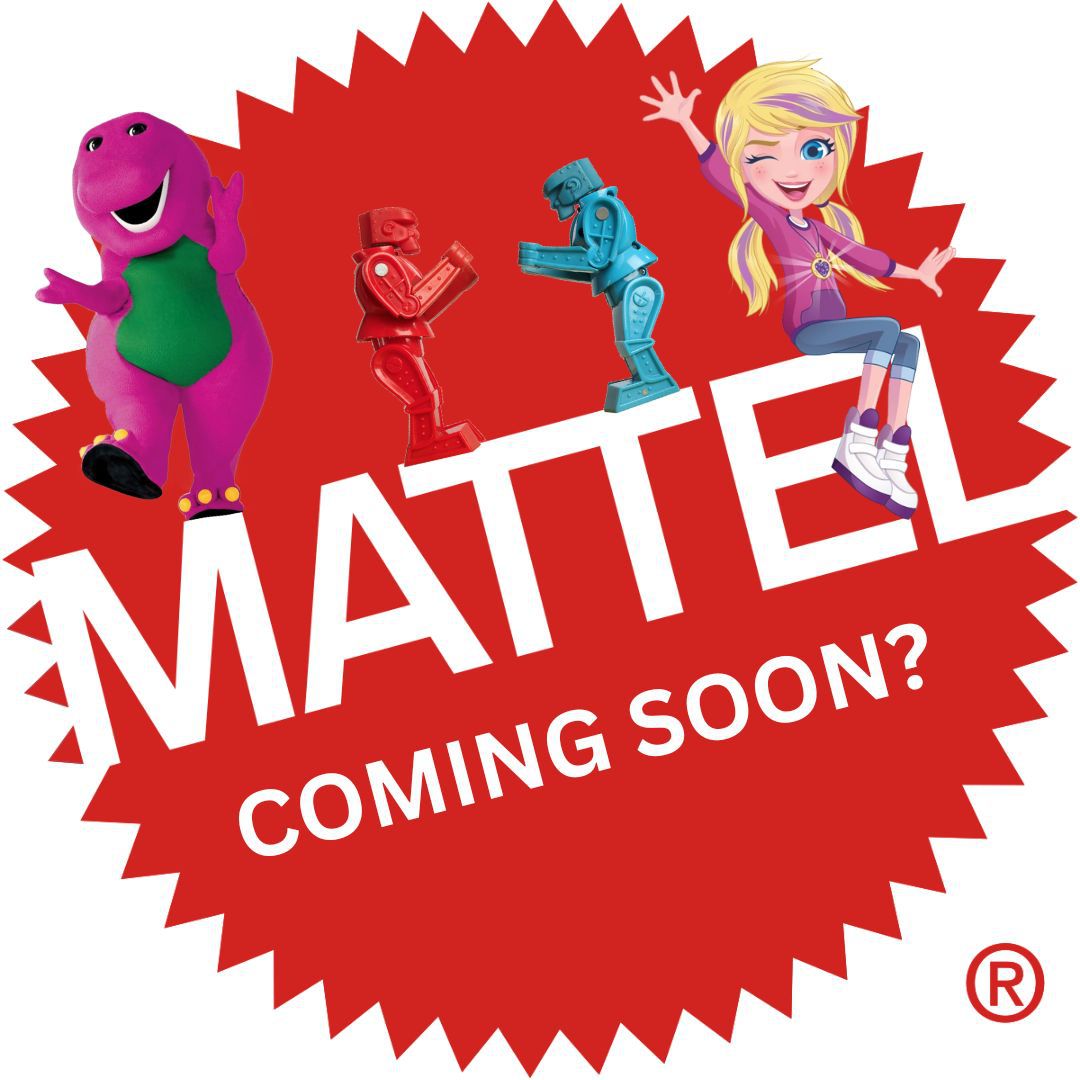Please visit response.fsu.edu for official FSU updates and resources.
All Your Favorite Childhood Toys Are Hitting the Big Screen, but Don't Get Too Excited

The recent success of Greta Gerwig’s summer blockbuster Barbie came as a surprise to no one following the incredible marketing campaign from the main cast, as well as the positive publicity already surrounding Gerwig and the cultural phenomenon that was “Barbenheimer.” In just seventeen days, the film surpassed the $1 billion milestone in the global box office on a budget of $145 million, making Gerwig the first woman to have a primary directing credit on a $1 billion dollar film. Likewise, the success of the previously mentioned “Barbenheimer” campaign resulted in Oppenheimer garnering an overall total gross of over $900 million worldwide. Does this mean that creative cinema has finally made its triumphant return[SE1] , and the studio mindset of franchise filmmaking will finally become a thing of the past? Not quite.
Over the past few years, Mattel, the studio behind the Barbie toys and a notable point of ridicule in the film, has announced a plethora of spinoff projects with the intent of branching out beyond Barbie and bringing other beloved toys to the big screen. It’s certainly no surprise that a multi-billion-dollar corporation such as Mattel would be interested in branching out its big screen projects. Following a record-breaking billion-dollar film release, capitalizing on this type of story would be the natural response. However, something like a horror comedy magic eight-ball movie, which is a real project in development, might not be the best takeaway from this[SE2] . Some of the other highlights include the ‘A24 type’ Barney project being produced by Daniel Kaluuya, the JJ Abrams-led Hot Wheels project, as well as the ‘family comedy film’ based upon the Polly Pocket toys written by Lena Dunham and starring Lily Collins. These, of course, only scratch the surface of the projects that have been ‘in development’ for multiple years now, but the question remains… who asked for these?[SE3]
It is important to recognize that alongside Barbie, a major appeal and large factor in the success of Oppenheimer came from the creative visions of their directors, Greta Gerwig and Christopher Nolan. Both filmmakers have shown incredible prestige in their storytelling, and with roughly three years since both of their previous projects, audiences were excited about something that would clearly display a single creative’s artistic vision. Both films touch on subjects of mortality, humanity, purpose, and grief and truly utilize the medium of film to its fullest extent.
So, is it possible that the success of the films was not entirely based on the subject matters or pre-existing ideas and brands, but instead on the creativity and passion behind them? Well, at the time of writing this, the SAG-AFTRA and WGA strikes are in full swing[SE4] , with progress being made, but nothing in the ways of largescale change. Over the last 141 days, WGA, or the Writer’s Guild of America, has been campaigning for more consistent work, better pay including residuals on projects, as well as insurance that AI will remain outside of the writer’s room. Multiple meetings with the union and studio executives have highlighted the immense struggles of corporations to see past a profit margin. A meeting on August 11th revealed progress in the right direction regarding pay increases and granting foreign residuals, but gave little reassurance on AI, showing a failure to see the value of creativity and artistry in the industry. Creatives such as Gerwig and Nolan (both of whom are members of the WGA), are the lifeline of filmmaking, but studios still fail to see they should be granting more freedom to these people who brought them their greatest successes in years. Especially following the highlights from Warner Brothers including Black Adam and Don’t Worry Darling for the second half of last year, earning $393 and $86 million respectively. Instead of being fueled by the creative voice of someone with something important to say, Mattel has opted to accelerate these franchise building projects, merely capitalizing on name marketability and nostalgia alone.
Perhaps it’s too soon to decide whether these films will truly succeed at the box office, assuming many of them ever see the big screen at all, but it is difficult not to remain skeptical considering what has become of franchise films over the past decade. The regularity of the ‘work for hire’ style of filmmaking inside studios like Marvel or DC has soured many people’s idea of what it means to truly be a creative director and is the exact reason films like Thor: Ragnarök or The Batman stand out as some of the most unique and easily identifiable films of their respective franchises. I’ll certainly stay tuned for what’s to come from these projects, but it hurts to see a large studio taking such a misinformed lesson from such successful films as Barbie and Oppenheimer. Perhaps Warner Brother and Mattel will learn to see more than the profit margin of their projects, but until then, I’ll sit and wait for the Vin Diesel-led Rock Em Sock Em Robots trailer, which is, once again, a real movie[SE5] .
Written and Art by Cooper Lyon



